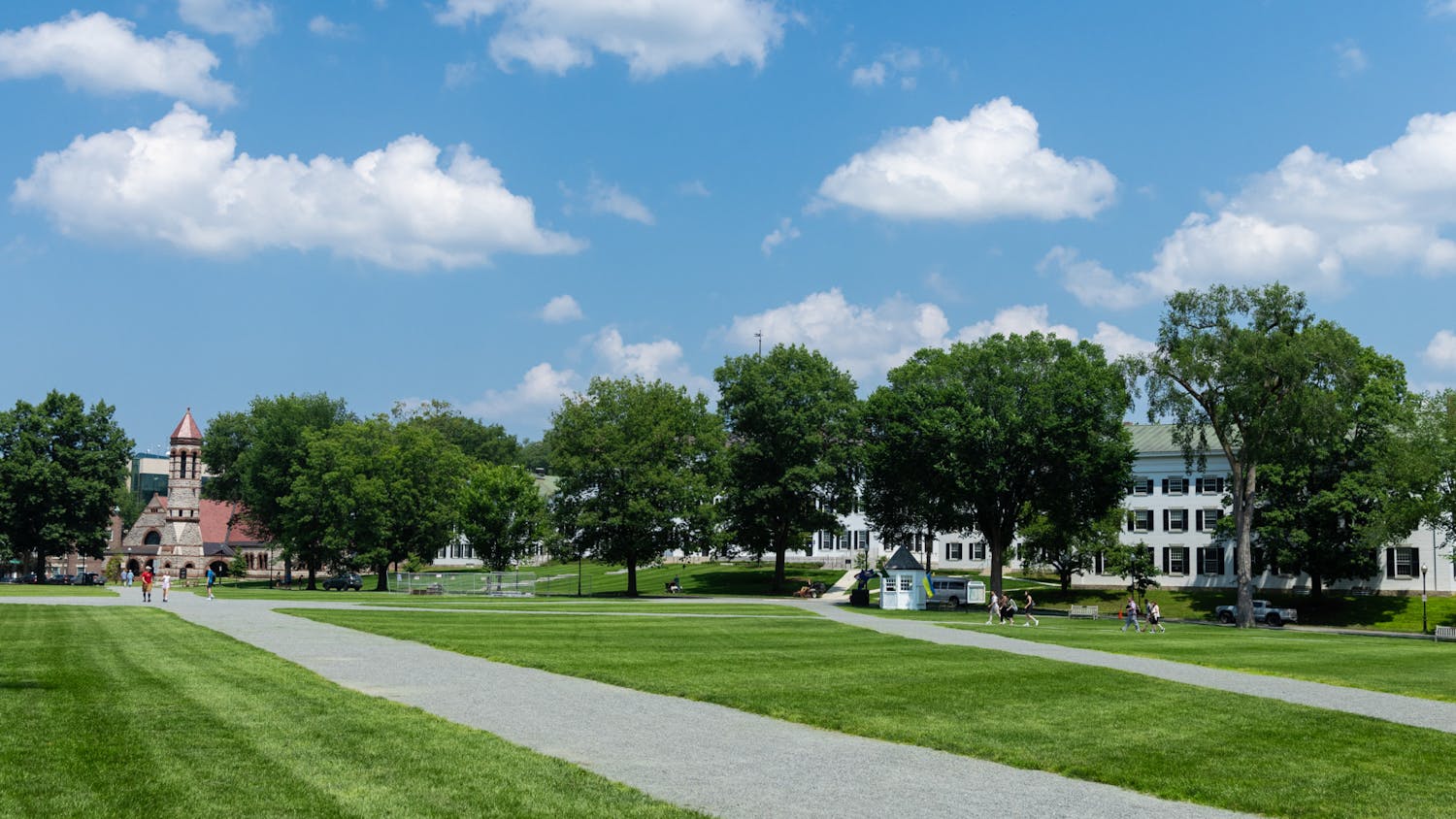The Committee of Chairs discussed the future of the College's Academic Honor Principle and the flaws in the College's current enforcement of it at their meeting yesterday.
The Committee, whose membership includes each chair of the College's various academic programs and departments, gathered in Alumni Hall yesterday afternoon for its Winter term meeting.
The COC also approved proposals to establish new English department Foreign Study Programs in Dublin, Glasgow, and Trinidad; to add a language requirement to the African and African American Studies modified major, and to rename the Department of German Language and Literature the Department of German Studies.
In launching the discussion of the honor principle, College President James Freedman said the College honor code tends to be misinterpreted by many students and called for reform.
"A lot of students don't understand ... the more we educate them, the more grief we can save them," Freedman said.
The College's Committee on Standards, which enforces honor principle violations, was a particular source of dissatisfaction for many of the chairs at the meeting.
A recently released survey gauging faculty and student opinions toward the Academic Honor Principle found that 70 percent of Dartmouth faculty members would not go to the COS with an honor principle violation.
The same survey reported that 52 percent of faculty think they explain the Honor Principle in class, while only 16 percent of students claim their professors explain the Honor Principle.
English Professor Donald Pease questioned the consistency of the annually-elected body. "Does the COS permit consistency?" Pease asked.
Dean of the College Lee Pelton said, "There is a body of precedent" available to COS members during proceedings.
Computer Science Chair Scot Drysdale said that faculty members were unable to discipline minor violators themselves, since College policy requires violators to appear before the COS.
"If we choose to take an action, we have to go to COS," Drysdale said.
French Chair Lynn Higgins echoed Drysdale's dissatisfaction with the current system. "My department wouldn't go to COS," she said.
Dean of the Faculty Jim Wright expressed dismay with faculty reports of internal discipline of honor principle violators.
"It is incumbent on us ... if we suspect plagiarism not to adjudicate them ourselves," Wright said, noting that it is "troubling" that students are disciplined by professors rather than the COS.
"It could be we're confused how to follow it," Wright added. "If we think it's flawed ... then I think the Committee on Practices would like some guidance."
Other faculty members discussed the lack of student enforcement of the Honor Principle and the need for tougher penalties for violators.
Pelton noted that the "general garden variety" of Honor Principle violators, such as those found guilty of misused citations and plagiarism, receive three-term suspensions.
Pelton said this sentence was "too light" and recommended that guilty students be suspended "for at least a year" before returning to Dartmouth.
Anthropology Professor Kirk Endicott said students are failing to report Honor Principle violations to COS.
"We have an enforcement mechanism that isn't working right," he said. "The students aren't taking the responsibility" to confront students in violation of the Principle.
Pease said, "The primary responsibility for plagiarism. .. should come from the faculty," adding that "there's a difference between snitching and being a member of the community."



